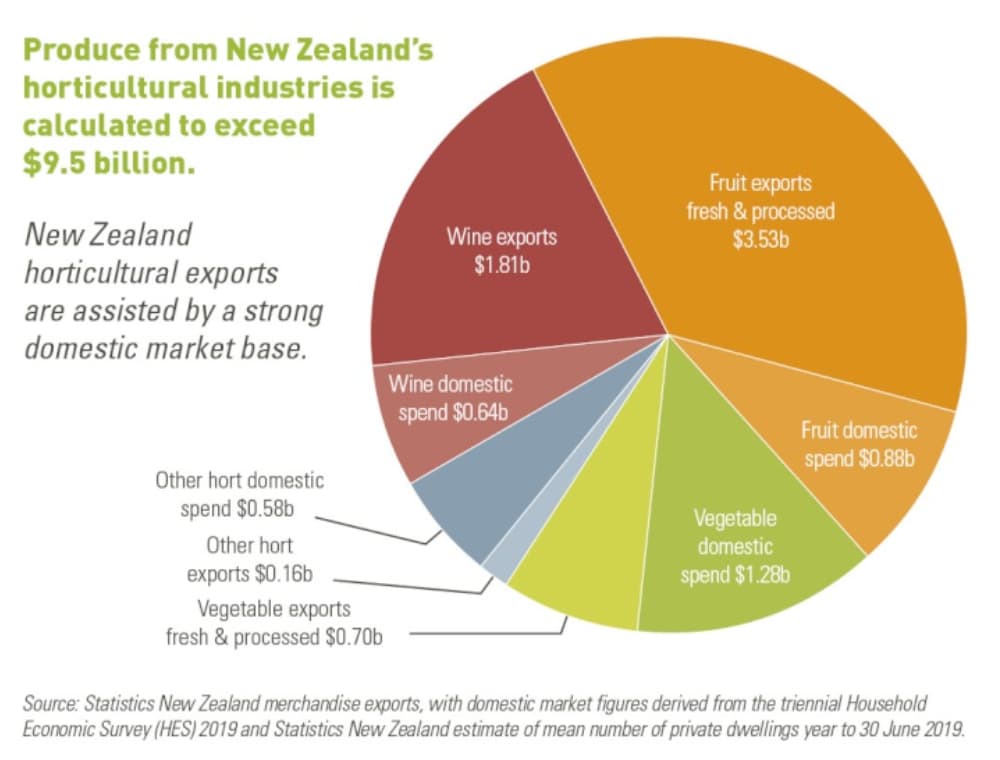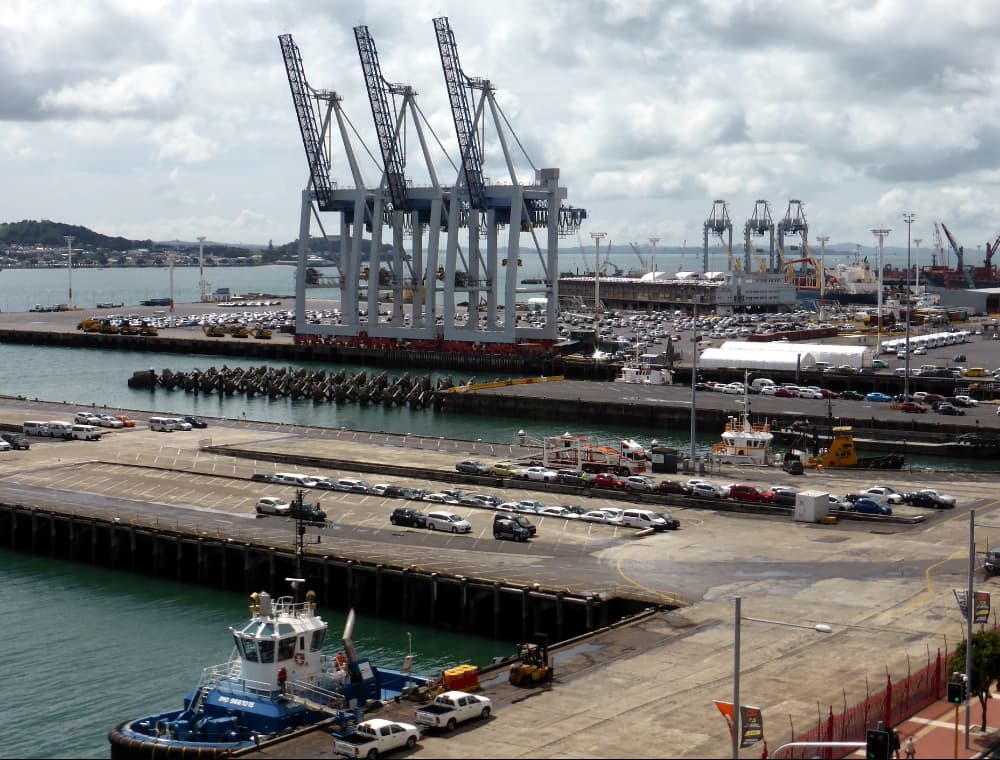
Surge in NZ Exports of Food to China, Taiwan & Hong Kong
4-minute read
New Zealand Trade and Enterprise says interest in fresh New Zealand produce is surging in China, Taiwan, and Hong Kong. The Chinese economy is beginning to recover after two months in lockdown due to the coronavirus – but the path to recovery is uneven.
Interview with Fiona Acheson, an NZ Trade and Enterprise’s Regional Director for Greater China.
YOU WILL LEARN:
- What Is Happening with the Demand from China
- How Supply Chain Issues Affect the Trade
- Online Shopping Trends in China
- Does Geopolitics Matter?
Current Trends in Demand From China
Reporter: Tell us about the demand from China? Is it anywhere near normal?
Fiona Acheson: Sales have done well in quite a few of the categories. For example, fresh fruit has gone up close to 50%, I mean the year-on-year growth. Dairies and vegetables have done well, too.
But other categories like meat and seafood have come down. I think that partly to do with how those products are consumed.
For instance, Chinese mainstream media throughout the time of the COVID-19 crisis – and continuing now – as well as infectious diseases experts were much encouraging Chinese consumers to eat more protein, more vitamins, and fresh vegetables.
Whereas things like meat and seafood, primarily connected to the hotel trade, tourism, and fine dining plummeted while people were stuck at home. One can see the impact on our numbers.
Reporter: There was the swine flu that was affecting the pork industry that had seen demand for the NZ meat do quite well. Is that holding up?
Fiona Acheson: Yes, it is holding up. The other category, of course, that’s plunged and that we’re often interested in is wine. In China, wine is mostly consumed on-premise, e.g. in restaurants; people usually don’t drink it at home. Unlike New Zealand, where wine sales have gone up.

Supply Chain Issues and Their Impact on the Trade
Reporter: What about supply chain issues in terms of the number of ships coming to New Zealand and getting products to the market?
Fiona Acheson: We’re doing a couple of big promotions at the moment. The Spring Festival tax promotion works for fruit and vegetables across several online channels and retail stores in China.
There have been no problems with the ports or with customs clearance. However, the issue with the air freight remains. It is massively restricted with the lack of particularly passenger flights flying and very expensive.
Reporter: What about online demand? I know a lot of Chinese consumers like to purchase even fruit for a day online. Has that been utilized by NZ companies? Have we seen good demand come through that?
Fiona Acheson: Yes. I think it has taken a real jump. Chinese consumers are the most active online shoppers in the world, probably. However, the demand there has grown over that period.
An interesting thing about it is that segments of the population like older people who typically wouldn’t have bought online are now doing so. There are two ways to go, particularly in online groceries and fresh fruit.
Reporter: Imagine the demand continues to increase for things like fresh produce, which will need air freight. Is there going to be a point where we won’t be able to keep up if we don’t have enough flights?
Fiona Acheson: I think we’ve seen that impact with seafood. Not so much with fresh fruit or vegetables, as they’re being shipped.
Some of the fresh produce is very seasonal. For example, lobsters, cherries, and other things associated with particular festivals in China. We won’t necessarily see the results for those products until the Chinese New Year’s next year.

Geopolitical Risks in Trade
Reporter: In your opinion, is there any risk from geopolitics? We know, Australia had called for an independent investigation into the coronavirus. There were also some comments suggesting that there would be repercussions via trade to China.
New Zealand has been a bit more cautious in its comments, but it’s presumably sympathetic to the investigation.
Let’s assume that, at some point in the future, China has made comments about New Zealand, when we looked at banning travels initially. Is there any sense that we would face export repercussions?
Fiona Acheson: Not that I am aware of.
Reporter: Is that something that other countries do experience? Or is this overblown?
Fiona Acheson: I think that during the COVID-19 period when China was in lockdown the impact was greatest.
From my understanding of talking to the Ministry of Primary Industries, there were no new market access issues that were being experienced. The main constraints in getting products in were around supply chains rather than market access issues or a political overtone.
Reporter: I suppose, the bigger geopolitical issue is the potential for the reignition of the trade war between China and the US, and they just fallout from that?
Fiona Acheson: Some of the products that we sell to China are the direct US competitors. For example, apples. I think New Zealand apple growers possibly had a small benefit from that, since some Chinese consumers decided not to eat American apples for a short time.
But I’m not sure that it’s ongoing. I think there are wider trends that the COVID-19 has drawn up. Particularly about well-being and health. It means that all consumers are looking for fresh products.
Source: RNZ
ADDITIONAL INFO:
Fiona Acheson – linkedin.com
NZ Trade and Enterprise – nzte.govt.nz
P.S. Easy Freight Ltd helps New Zealand importers & exporters to save money on international freight and reduce mistakes by guiding how to comply with Customs and biosecurity rules.
➔ Contact us now to learn how we can assist you.
